Tea is a very popular beverage that is consumed daily. India, in fact, is the largest consumer, the second-largest producer, and the fourth-largest exporter of tea. Dushyant Jharwal, Founder Fernweh Agro, tells you about the various teas growing in India and its benefits.

In today’s urbane lifestyle, tea is no longer just another drink. It has become a part of shared love and experience. So, whether you’re a newbie or an old lover of the tea world, it is important to know the rich tea culture of India.
Major Growing Areas of Tea in India
Darjeeling, Dooars-Terai, Assam, and Nilgiri are the major growing areas of tea in India. However, other states with smaller tea regions such as Sikkim, Kangra, Meghalaya, Rajasthan, Nagaland, Karnataka, etc. also produce excellent teas.
Darjeeling Tea
Type- Orthodox
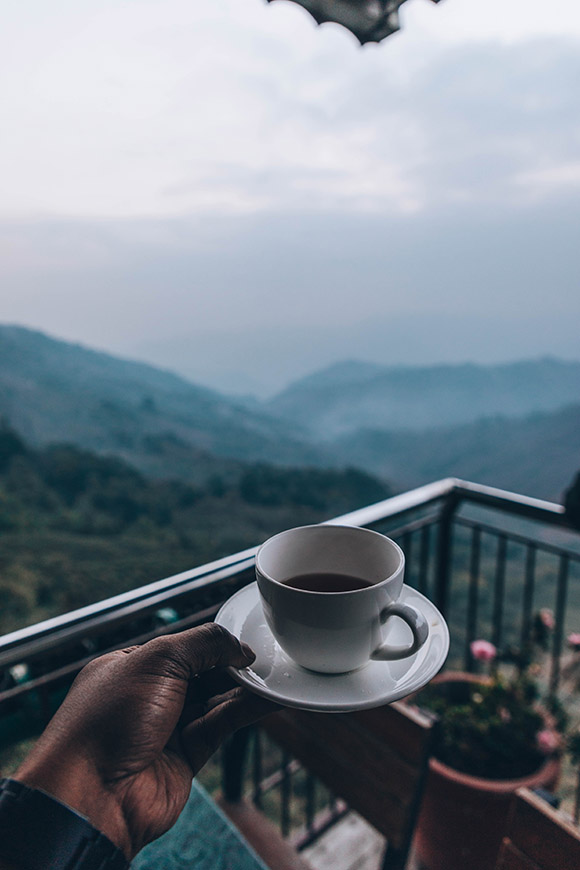
Sourced from the dreamy Himalayan mountains of West Bengal, Darjeeling teas are known for their formidable taste and exquisite character. Popularly called the champagne of teas, Darjeeling teas are generously dressed with natural flavors and embody a distinct muscatel profile. When brewed, they lend shades of pale yellow to warm amber and drifts fruity-flowery aroma. Sip the mystical tea & allow the mind to envision a calming scenery; beautiful, thickly wood-ed mountains with soft clouds clinging to their peak.
Dooars-Terai tea
Type- CTC
in the district of Jalpaiguri, West Bengal, Dooars-Terai teas are bright and full-bodied. The tea leaves of Dooars-Terai embody divine freshness and crispy notes. Living true to the meaning of its name (‘doors’ in Assamese, Bengali, & Nepali), Dooars-Terai teas indeed opens the door to a very refined tea experience- a celestial beverage that causes the senses to stand in awe.
Assam Tea
Type- CTC, Orthodox
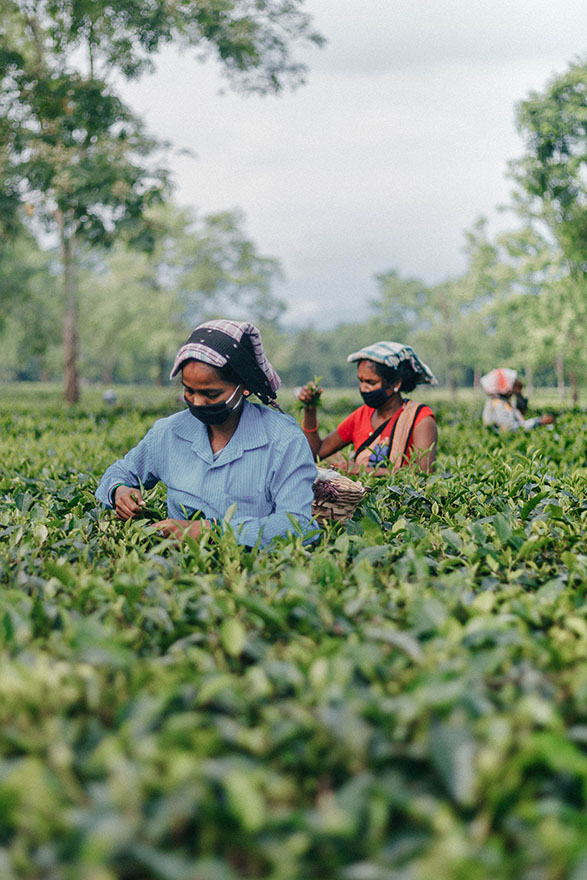
Assam isn’t just known for its panoramic beauty, it is also the largest producer of tea in India. With a monumental tea plantation lay of over 3,00,000 hectares of land, Assam teas are rich, full-bodied, and delicious. Gardened beside the sparkling river of Brahmaputra, its trademark revolves around rich, malty flavors, and earthy colors. A round, orthodox tea with a sweet aftertaste, As-sam teas are appraised to be among the superior teas around the world.
Nilgiri Tea
Type- Orthodox, CTC
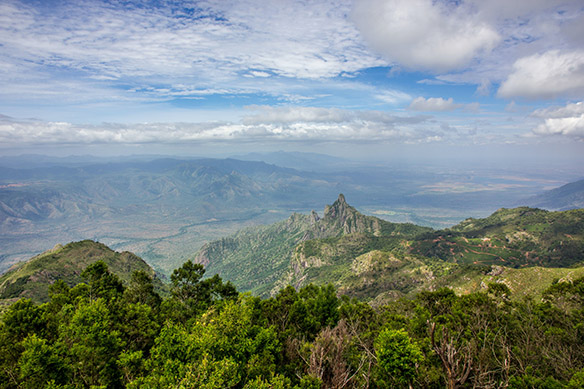
Sprawling in the hills of Tamil Nadu, Nilgiri teas are medium-bodied and aromatic. The character includes natural sweetness, subtle taste, and a smooth finish. The aftertaste of Nilgiri teas whirls around spicy and nutty notes. The luscious flora & fauna of Nilgiri hills beautifully complements the tea plantation, resulting in a harvest of high-quality teas. A gift to all the black tea lovers, the unique profile of Nilgiri teas makes it one of the best black tea tasting experience.
Sikkim Tea
Types- Orthodox
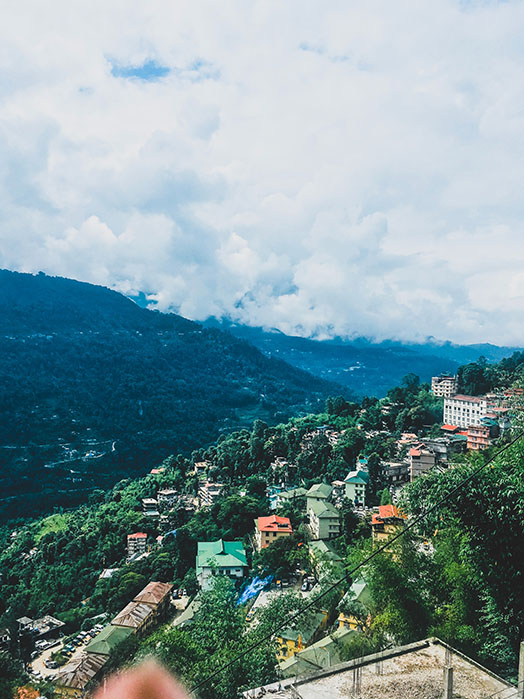
Sourced from the picturesque slopes of India’s second smallest state, Sikkim teas are celebrated for their taste and quality. The character of the tea includes golden hues, sweet aftertastes, and mild floral finishes. Fragrant, earthy teas drawn from a carpet of green leaves nestling in the cool morning mist, Sikkim teas truly gratify.
Kangra Teas
Type- Orthodox
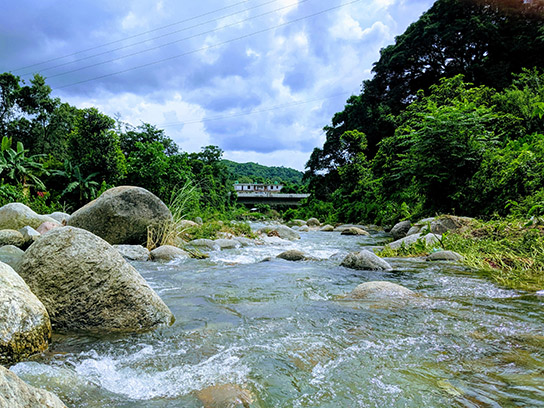
A tea venture that began in the middle of the 19th century, Kangra teas stand out owing it its Chi-nese tea shrubs hybrid. They carry fresh, vegetal flavor, sweet aftertaste, and pungent-fruity aro-ma. The Kangra valley’s tea region may be the smallest in the country but they sure give the larger tea regions a run for their money.
Rajasthan Olive Tea
Type- Olive tea
Processed from the olive farms in Rajasthan, Rajasthan olive teas are caffeine-free and are richly loaded with antioxidants. Given the fruit’s medicinal benefits and soothing aroma, the tea pro-motes good health by reliving the physical unpleasantries.






